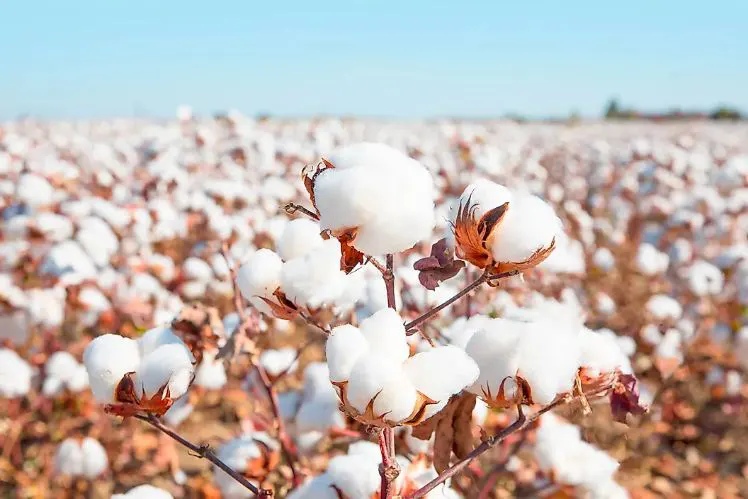Cotton is one of the most resource-intensive crops. However, by adopting sustainable practices, we can transform cropping patterns and protect our resources. Through the promotion of organic cotton farming, WWF-Pakistan is eliminating the use of chemicals, preserving the environment, and empowering cotton farmers for a healthier future”.
This was stated by WWF-Pakistan in its press release issued on World Cotton Day on Monday. The press release further mentioned that WWF-Pakistan in partnership with other organizations has made significant strides in organic and regenerative cotton cultivation by engaging over 12,000 farmers and bringing around 43,000 hectares under organic cotton cultivation to help reduce environmental impacts.
The global population worries about environmental issues, especially those related to conventional agriculture which largely relies on synthetic fertilizers, pesticides, and GMO seeds.
Conventional cotton cultivation is associated with the rigorous use of fertilizers, pesticides, and herbicides that adversely affect the natural environment and largely add to global warming. Knowing the potential risks for the ecosystem, a need arises for a way to produce organic cotton that prohibits the use of harmful substances.
Hammad Naqi Khan, Director General WWF-Pakistan remarked that Pakistan is the sixth-largest producer of cotton in the world and has the third-largest cotton spinning capacity in Asia, with thousands of ginning and spinning units producing textile products from cotton.
Cotton has 51 per cent shares in the country’s total foreign exchange earnings, thus playing a pivotal role in the country’s economy. This crop produces a versatile fibre that is delightfully soft and completely biodegradable when 100 per cent natural. “Adhering to international standards, we should cultivate sustainable cotton like Better Cotton, Organic Cotton, and Regenerative Cotton that can help reduce carbon footprints”, he added.
Balochistan holds unique geographical features which support organic farming. These include a dry climate, feasible temperatures, and natural buffers like mountains and grasslands.










